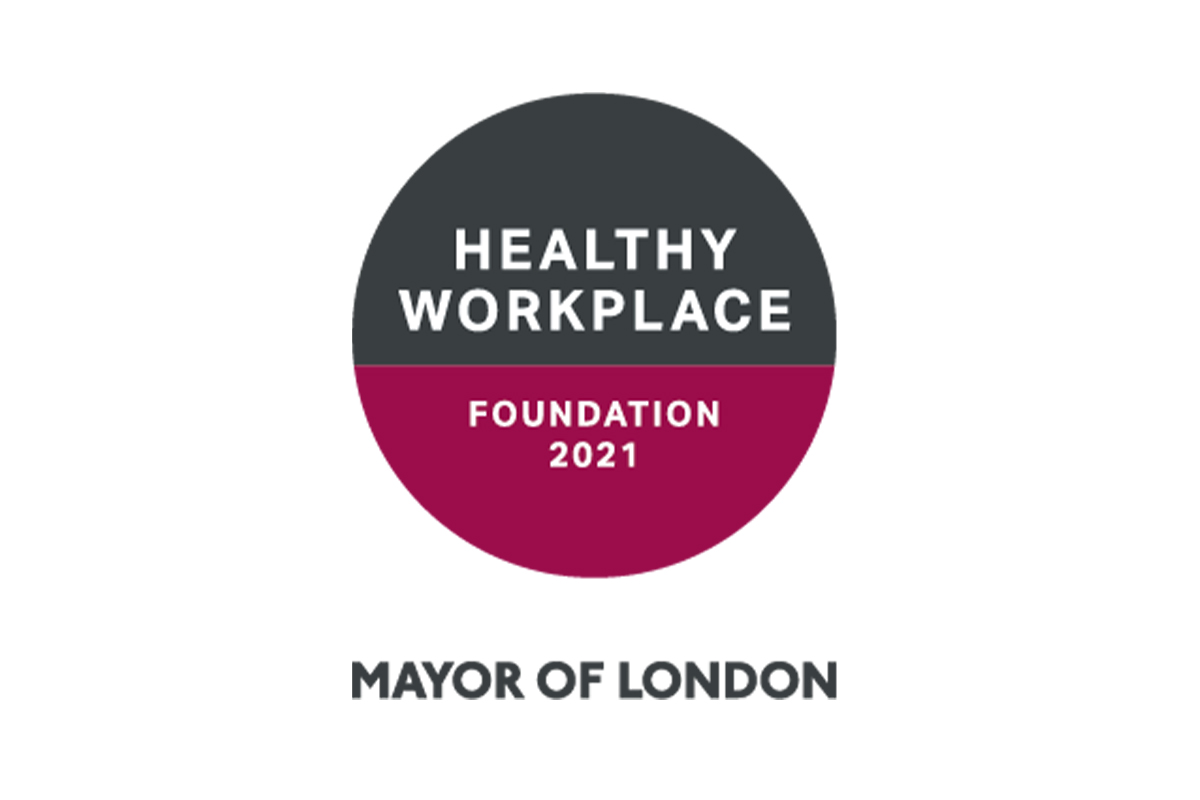Introduction
After two and a half years of lockdowns, social distancing, and self-isolation, we’ve all become more aware of just how important our health is. This realisation has had a profound effect on the workplace; people across the country are reassessing their relationships with their work and looking for new employment where their wellbeing is valued.
What is wellbeing at work?
Let’s face it, work can be stressful. If left unchecked, stress can build up and have a long-term impact on employee wellbeing.
Physical, mental, and emotional wellbeing are not mutually exclusive concepts. Stress in the workplace can result in physical symptoms such as lethargy, digestive issues, headaches, weight gain and more. Excessive working hours can negatively impact physical health, which can in turn lead to depression and other mental health issues. In order to improve wellbeing in the workplace, all of these factors need to be addressed equally.
Why is wellbeing important in the workplace?
Job Satisfaction – Create a positive workplace and you’ll have a company people want to work in. People who dread going into work every day aren’t going to be as productive as those who love what they do.
Less staff attrition – If you’re not treating your employees well, they’ll start looking elsewhere for a company that values them. That’s a lot of time and money wasted on training people up just to push them away.
Boosts productivity – Companies who put productivity before employee well-being soon find that this has the complete opposite intended effect. People aren’t robots – they can’t work tirelessly and maintain a consistent standard. If you want to get the best out of people, you need to treat them like people.
Increases staff engagement – If people feel like their employer appreciates them, they won’t mind putting in those extra hours now and then to finish that critical project. If you can’t support your employee’s well-being, you can’t expect them to support you. Higher morale amongst workers can also mean stronger relationships and a more collaborative company culture.
Good for company image – There are countless stories of whistleblowers unveiling toxic workplaces rife with labour abuse. That is not the sort of press any company wants. Making an effort to improve employee well-being reflects well on a company. You won’t attract the best recruits if they hear bad things about the way you treat your staff.
Less absenteeism – Naturally, happy and healthy employees require less sick leave. If you’re working your employees to the bone, then it’s only a matter of time before something gives. In some cases, work-related stress can be so bad it forces people out of work entirely.
Who is responsible for employee well-being?
Human resources departments are often the lifeline for employees suffering from stress in the workplace. However, there is at times a disconnect between their experience and that of those they’re supporting. 68% of HR professionals are likely to rate their company’s support of wellbeing as ‘good’, compared to just 44% for other employees. If HR departments can’t effectively empathise with those they’re supposed to support, then they won’t effectively be able to foster a positive work environment. Unhelpful HR departments can sometimes act as a barrier for employees seeking help.
But the task of creating a work culture that promotes well-being falls on many shoulders. People at every level need to do their bit. Those at the top – senior management, team leaders, department heads and even CEOs – need to be aware of their workers’ needs. Poor management can often be the source of workplace stress, so it’s vital they’re able to spot and effectively tackle issues in the workplace and support those that need it through well-being programmes, mental health initiatives, and making supportive adjustments and accommodations wherever possible.
Of course, employees need to do their part to protect themselves too. That means listening to their bodies, communicating with their employers, and seeking out help and resources when they need it.
How do you take care of your own well-being at work?
- Sticking to a schedule – Humans work best with a routine. It helps manage stress, results in better sleep and improves overall health. Applying order and routine to both work and life is a sure way to improve general well-being.
- Nutrition – An army marches on its stomach. No one does their best work if they aren’t eating well. It’s vital to get proper nutrition to maintain physical well-being, which in turn affects mental well-being. Catering can provide healthy, high-quality food to ensure workers are energised to handle the tasks of the day.
- Exercise and rest – Physical well-being contributes to mental well-being. Exercise and rest are critical to achieving this. Poor sleep hygiene is a big contributor to mental illnesses.
- Work/Life Balance – While work takes up a big chunk of our lives, it shouldn’t dominate it. We need time with our families, for our hobbies and relaxation. Employers need to respect this and make sure their employees are doing reasonable working hours.
- Good relationships – Having a good relationship with colleagues is vital to creating positive work environments. It means that when things get tough, people lean on each other and collaborate to get through it.
Conclusion
Protecting employee’s physical and mental health should be a high priority for any employer. Overworking employees doesn’t result in a more efficient workplace – it’s a recipe for disaster. Look after them and they’ll look after you.




